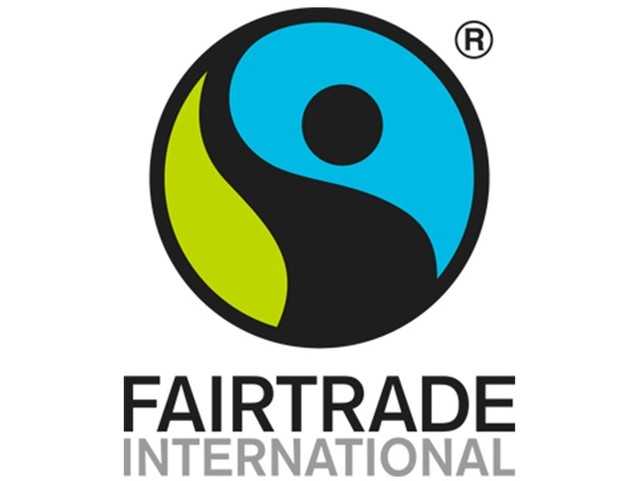More than two decades into its existence, Fairtrade continues to innovate and expand on behalf of farmers and workers, according to the organization’s annual report entitled “Creating Innovations, Scaling Up Impact”.
From pursuing a living wage and living income for producers, to introducing new options for commercial partners to engage, Fairtrade is finding more ways to foster sustainable livelihoods and enable farmers and workers to take more control of their futures.
During 2016, Fairtrade worked with more than 1.6 million farmers and workers around the globe, through more than 1,411 certified producer organizations across 73 countries.
Global Fairtrade sales totalled €7.88 billion in 2016, with solid growth rates among key products: coffee sales increased by 3 percent, cocoa by 34 percent, sugar by 7 percent, and bananas, tea, and flowers and plants by 5 percent each.
Farmers and workers also received €150 million in Fairtrade Premium, an extra sum of money that producer groups invest in projects of their choice.
“In 2016, the organization adopted a new global strategy and embarked on an ambitious growth and expansion plan,” said Dario Soto Abril, Global CEO of Fairtrade International.
“Our ambition is that by 2020 we will have made significant progress towards a living wage and living income for producers and workers with whom we work.”
Fairtrade has long focused on the need for farmers and workers to receive a fairer price that covers the average costs of sustainable production.
While that aim remains in place, Fairtrade is seeking to make a step-change by enabling more Fairtrade farmers to earn a living income and more plantation workers to receive a living wage.
During 2016 as part of its Living Income Strategy, Fairtrade undertook research, consulted with small producers on household earnings, and worked to establish living wage benchmarks for hired labour settings.
Throughout 2016, Fairtrade also continued to deepen impact through programmes that address key challenges such as gender inequality, child labour, constraints on workers’ rights, and the effects of climate change. This includes a range of field-based training and support programmes for producer groups. Examples last year included the Women’s School of Leadership for women cocoa farmers in Côte d’Ivoire as well as the roll-out in nine countries of Fairtrade’s Youth-Inclusive Community-Based Monitoring and Remediation (YICBMR) approach toward combating child and forced labour.
Fairtrade also undertook a year-long consultation with key stakeholders aimed at broadening the array of opportunities for commercial partners to engage with Fairtrade and meet the increasing demand for sustainable and ethically sourced goods.
These services will complement Fairtrade’s core work with the FAIRTRADE Mark whilst opening up new opportunities for businesses to meet their sustainability commitments through long-term partnerships.
This new framework, set to be rolled out in 2018, remains grounded in Fairtrade principles of empowerment, fair trading, and transparency.
“Fairtrade is embracing changes in the sustainability landscape,” noted Soto Abril. “We are building on the successes of the past two decades and are excited and optimistic about the prospects that the future will bring.”
Read the annual report to learn more about Fairtrade’s work this past year.


















